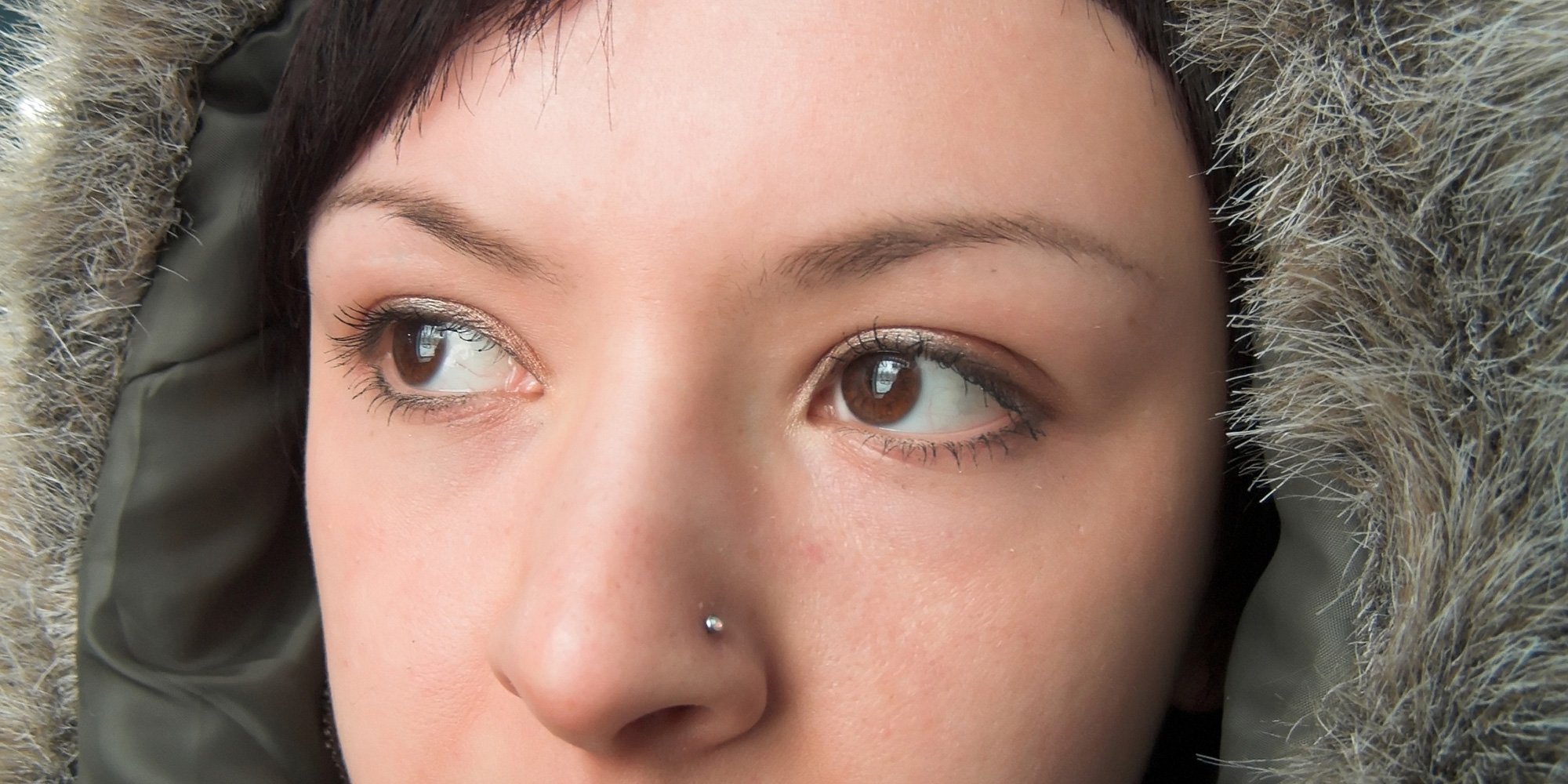Indian Residential Schools: Merry Christmas vs. Happy Holidays
I wrote this article because I frequently see postings on Facebook asking people to “like” the “Merry Christmas” greeting and denounce the “Happy...

Many non-Indigenous people believe that it is important to maintain eye contact during conversation. For many Indigenous Peoples, continuous eye contact may not be expected or even accepted as a courtesy of conversation. We once asked an Elder from a particular community for his thoughts on eye contact. This is what he had to say:
“We never used to have much eye contact. When we did it was only at the start of the meeting. After that, it was not considered important to maintain eye contact.”
For Residential School Survivors, eye contact with school or church officials often led to physical punishment.
When you have the opportunity to attend an Indigenous community event, look at where the eyes go - they are usually not on the speaker. This is not a sign of disrespect. An Indigenous listener is usually more interested in following the speaker’s words than where s/he is gazing.
Early on in your relationships try not to enforce too much eye contact with Indigenous Peoples early on in your relationship.
Featured photo: Shutterstock

I wrote this article because I frequently see postings on Facebook asking people to “like” the “Merry Christmas” greeting and denounce the “Happy...

I recently had the opportunity to golf at the St. Eugene Golf Resort and Casino, formerly the St. Eugene Indian Residential School, on the...

While Idle No More has brought national and international attention to Aboriginal issues, those within Canada’s resource sector have been keenly...